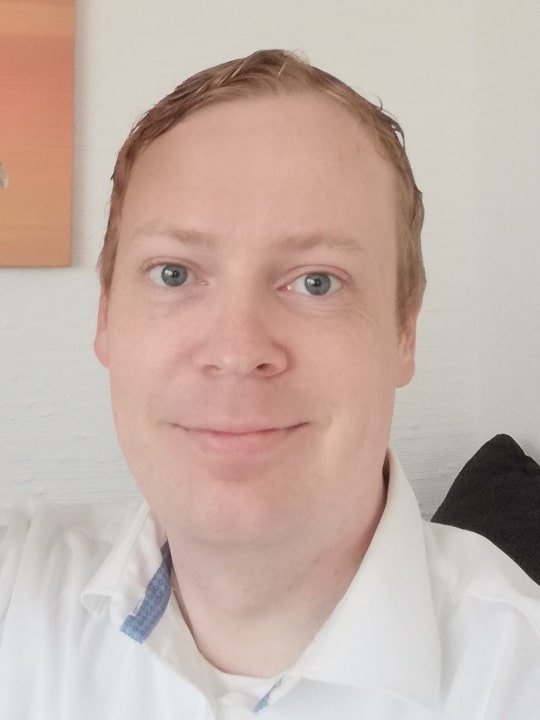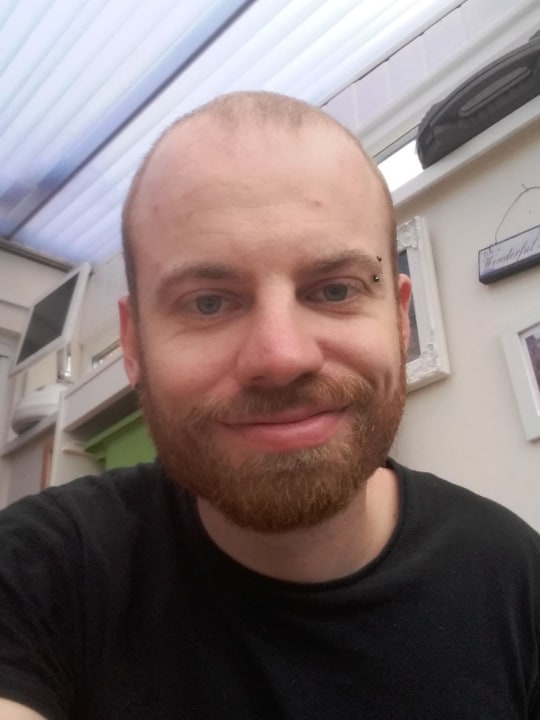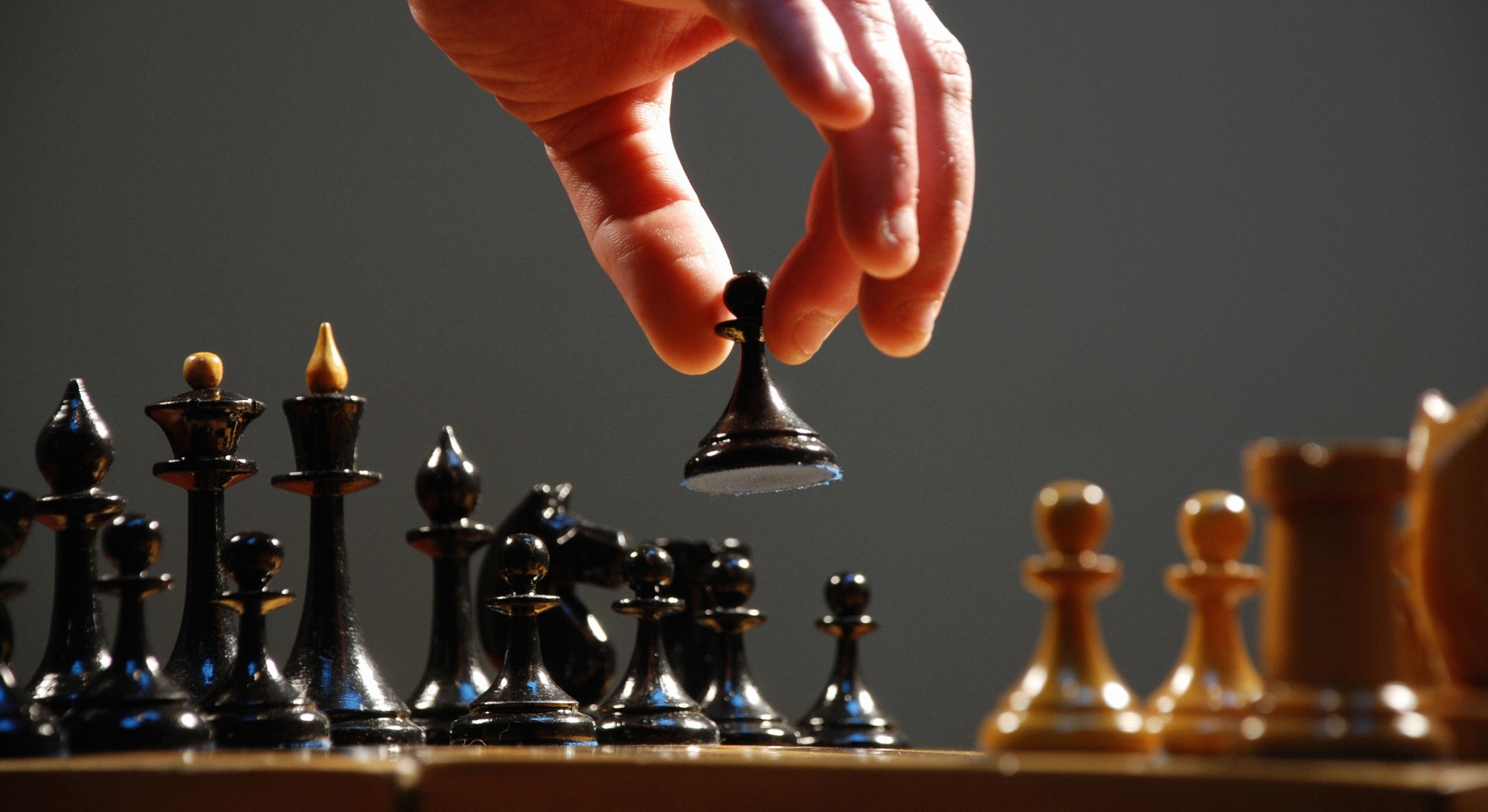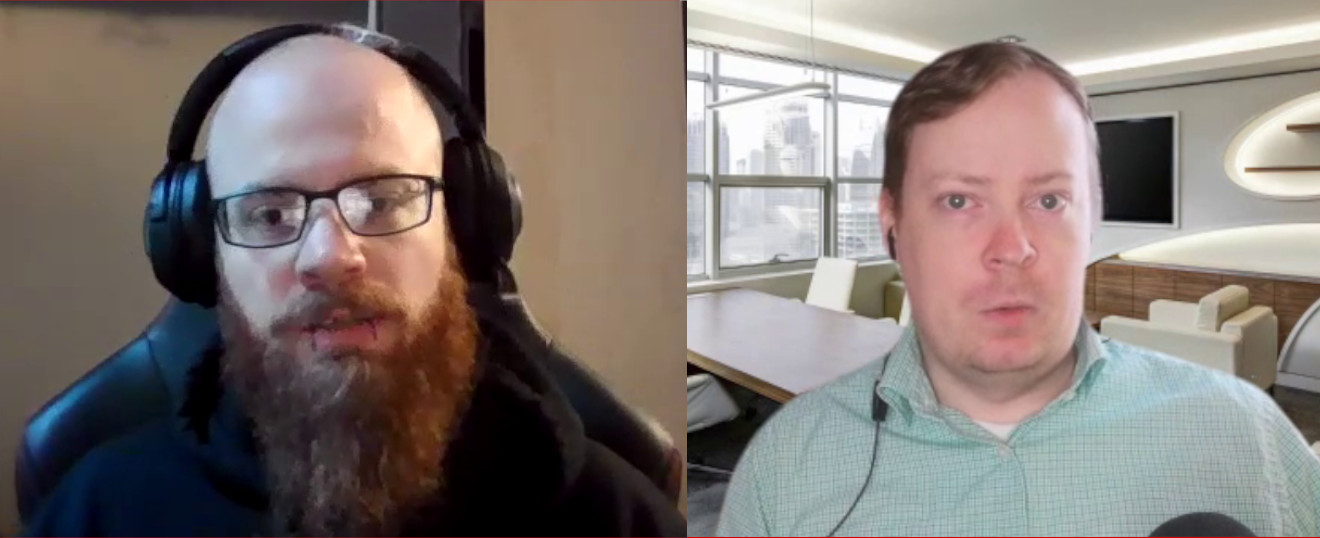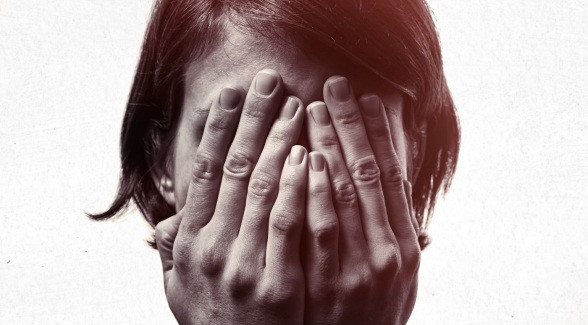As a young person enters the new adventure of becoming a parent, they are confronted with challenges they can never be truly prepared for, no matter how much knowledge they acquired beforehand. Making mistakes and learning from them in practise seems to be the only way for us to progress, be it as children or as parents.
Watch a Short Excerpt:
Transcript (continued):
William: You mentioned that you might have a plan of how you want to raise your children in the future, but it never goes that way anyway?
Steven: Yeah, I think that's the observation I've seen, is that we, in our ideal situation, would raise children this way or that way. And that's the moment that when you have children the opposite will have to take place, because a child completely is different to what you think should be the right thing, because children are all unique. And until you experience it as a parent, but any more than 24 hours, I think once you are at the time of a child for 24 hours, having to go feeding them, a bedtime routine and seeing that, then you can kind of project and get a bit of insight into how difficult it actually is. Because I think that as a society we're getting more and more insular, it appears. And I think we are. And therefore help isn't given as much to families as it should be. Because you don't have the interaction with grandparents the way you used to. You used to be in the community, like if you're in a village. Everyone would know who you were. You could drop them off at your neighbors', your children, as a parent, and then be able to do what needs to do, come back. Whereas now trying to get childcare for families these days, it's a nightmare. And should we be in a society that allows, I guess the question is, should we be a society that allows parents, well at least one parent, male or female, whatever, to be able to have the time off to be able to actually raise children? And personal opinion is yes, it shouldn't have to be people you're paying for child care, or asking favours from friends.
William: I saw a study recently about "parent time". I don't know what it's called; the time you get off work to look after a newborn.
Steven: Oh yeah: maternity leave, and paternity leave.
William: I translated it directly from the German: parent time. It used to be called "mother protection". But these days the father can just as well take that time, or it can even be split among the mother and the father. That's an interesting development. But this this survey, the study, showed what the law says about how long the maternity leave is depending on which country you're in. And there was a wide variety, a wide variance, which was really interesting. And I don't remember a lot of particulars but the Eastern European countries had a pretty long time. I think also some of the Scandinavian ones. I think Germany is really good with half a year or even more. And Andrew Yang likes to bring up in the political debates for Democratic candidates for president that the US and Papua New Guinea are the only two countries in the world that have no maternity leave.
Steven: Wow.
William: Yeah, it's crazy.
Steven: That's insane.
William: So definitely that early contact is most important. But after that contact with parents and just learning from them 24/7 is not a whole lot less important than the barrier for a few months. So yeah, it's a shame that jobs and making money has to come first, and then you leave someone else to do the parenting or parents often expect teachers at school and nursery...
Steven: Especially the single parents. Obviously with two parents it's pretty hard in itself. I've got loads of friends who are single parents and you know obviously they they do get help from time to time from friends or family and from the government a little bit with money towards childcare and stuff. But the equivalent level of help is just diabolical. It should be so much more that it actually is: to help someone who is trying to raise a child by themselves. Because it's not exactly their fault. It's like they're punished because the other person left or something. It's a big strange.
William: Yeah. That's a whole issue in itself: "Why are there more single parents these days than there used to be?"
Steven: We can link back, I guess, to our own personal experiences. Like you said at the start. I derailed a bit. My brain switched off. But, our own personal experiences as children and interacting with our own parents I guess. Is that alright, if we could jump back to that?
William: Of course. Yeah, we see a lot from how they interact with each other and with us. We kind of learn a lot about what society should be like, what the ideal family should be like. We like some things that we experience in the household. We dislike some things we. We plan to do things just the opposite from what we experienced. And some things we like about our parents.
Steven: Often we don't like it at a certain point in time. And then we grow and mature, and then we perhaps go "Oh, hang on a minute; that probably was the right thing for us, again hindsight as a growing consciousness individual person." You kind of go "Okay, yeah, fair enough; I see why that was that way now." But at the time, especially you know you go through those teenage years that you remember. Because I remember certain things as a kid, little things that I maybe wasn't happy with. But then later on, again as a teenager, you're going through loads of stuff and therefore remember those more prevalently... That's wrong word... strongly.
William: My father has this saying about the perspective of a teenage boy, how his father used to be really stupid. And then when the boy turned 20 or so his father suddenly became a lot smarter in a very short time.
Steven: Sometimes.
William: And then, I hear, when you have your own first child, as a young woman, you have your own first child, your mom becomes your best friend all of a sudden. Because you're on the phone all the time asking for advice.
Steven: Yeah.
William: Big change all of a sudden.
Steven: When big changes happen happen we often default to wanting that parental safety net I guess. So people that have semi-good relationships or even good relationships with their parents will often, when they're older, you know, at twenty years plus, if they need help default. And that's the person they know they can rely on the most or they feel they can rely on the most, if they have a good relationship with their parents. Whereas people that don't have their parents around anymore will have a bad relationship... they often yearn for that parental safety net, just like "I wish I could speak to my mom, or I wish I could speak to my dad, or whatever." It's often in times of crisis and trauma that tends to be the go-to. Which is interesting, the concept whether that's genetic, or whether that's social-cultural. It'll be interesting to those kinds of things. Often it's a bit of both. But I guess there is just something about the family unit sometimes that you feel you can rely on more if it's a tight-knit one.
William: And if you don't have a parent to rely on, or that you grew up with and had a good relationship with, then it's really important for you to have another father figure or mother figure to rely on. in times of uncertainty.
Steven: Yeah. To link it back to when I was a kid, obviously: My parents went through a divorce. I was probably six or seven, I think is. And I often looked for other male figures to latch onto. I still adapt, because it wasn't as much as I would have liked, I guess. I therefore, when I was at social events with friends and family and stuff, there'd be an uncle or parent's friend or whatever that I would just spend more time with than before that I guess male figure to be in my life.
William: Yeah, that's important.
Steven: I think we get to pick and choose. As we get older... I still always rely on my parents loads. But even for my teens I found many maternal and paternal figures to be like a parent, like a mum or a dad, not the mom or dad. Again it's important for me to separate those things because my parents have been amazing: my mom, my stepdad and my dad have been incredible. But during those times, especially as a teenager, you're not necessarily going to trust your parents. You think they're ignorant and stupid, And often they did, but I wasn't one to listen, so would find someone else that could fill that space, that had the knowledge I guess I was looking for, or the kindness maybe, or time. I don't know. I guess it was more about me. My parents were willing to listen and willing to help. But I as a teenager wouldn't give them that chance and would find other people to do that and saw them as mothers and fathers in a way.
William: I heard that and in the beginning as a child you're dependent, then as a teenager you're counter-dependent, which is kind of a necessary step to the next step, which is independence. So counter-dependent, we also call it rebellious sometimes. But it's necessary to try out things I guess and see what works best. And then independence is also not sustainable. You do need help, food, shelter, all the basics, and you cannot... usually people cannot get all of those for themselves. And so after a while you learn interdependence. That's at the top that you want to get to: the best place, where you realize you need people, and they need you; everyone has their value, has their contribution. At least that's what everyone's process should look like.
Steven: That's a good way of describing it. I like it.
William: But I found that as a teenager you might have this unrealistic view of your parents about how stupid they are. And then when you do become more independent you realize more and more, or I should say I, I realize more and more how my parents do have weaknesses and limitations. They used to be invulnerable and just godlike to me. I don't know how to say it, just entirely dependable, who always know what to do, wise, you know. And now I see, well not now but for the last years, I have seen more and more their weaknesses. It's good of them to not try to hide them and be honest about them. It was just something I had to get used to and learn to deal with: you know that I cannot rely on them for everything. They always want to help me, just the same as they always have. But now I realize they cannot always help me. And so sometimes I will need to look elsewhere for help. But never, I never really want to lose contact with them just because the dynamic and the roles have changed a bit. I even told my mom once that I see us more as friends now, rather than dependent and caretaker.
Steven: That is the goal: being able to be friends. I liked you talking about the dependence, counter-dependence that links very much with the you start off by thinking they're infallible. And they can't make a mistake. And then you think this like ignorant and you lose that perspective. That seems to link in with the counter-dependence. And then when you become independent you probably don't even think about it; you try go and do your own thing. And then when you become interdependent you realize that they actually have their strengths and weaknesses. And then you can help them, and they can help you, and you can become friends. Because like my mum is one of my best friends, without question. I can talk to her about anything. That was never the case until about 22, 23 maybe. Before that I was like "Okay, I love her." You know she's mom. We would talk about stuff. But I did'nt give her the trust she deserved maybe for whatever reasons. And then once I grew up and realized that actually that it's optimal to both be there for each other. Because you know so many times that I'm there for my mom. And that's what friendship should be: it should be a two-way thing. I think a lot of people think the parent thing and child things should just be all the adults there all the time for the child. But again the inter-dependence is amazing, where it's she helps me out loads, and then she knows she can come to me and talk to me about stuff if she needs to, and does. I'm very lucky to have that in my life.
(Intermission)
Other Episodes:
Ep. 51: How Conditioned Are We ?
How much of what you do, think and feel comes from intentional, free chosing? How much of your actions and decisions are pre-programmed? You are the product of your upbringing, culture and genetics. What is out of our control? What can we influence? How can we counteract our predestination?
Ep. 50: What Am I Responsible For ?
Are you taking too little responsibility for your actions, or perhaps too much? How much are you able to understand or determine the consequences of your decisions? Are you in control of anything? Is free will an illusion? Can you do something to improve your thoughts, feelings and relationships with...
Ep. 49: Empathy Can Be A Super Power
Everyone has the choice of either living isolated from other people and their own feelings on the one hand, or to connect with others and their own emotional core. The road towards connectedness involves vulberability and weakness. But it leads to a very rewarding ability that includes deeper understanding of...
Ep. 48: Why Am I Ashamed?
What secrets do you have? What facts about you must never become known to others? What happens in our childhood that implants beliefs in us that hide away for the rest of our life? Can we uncover them deliberately? Can we regain the emotional freedom and levity that playing children...


